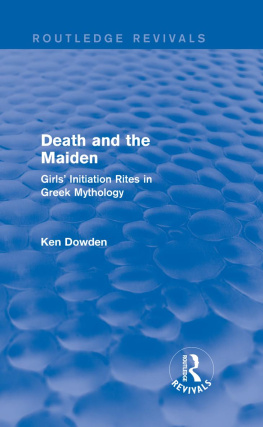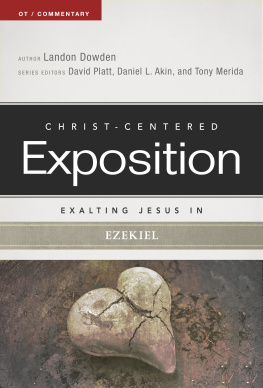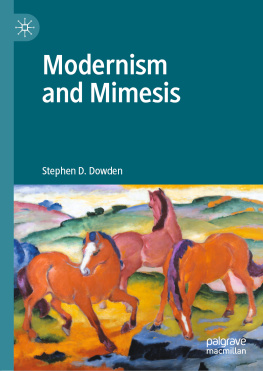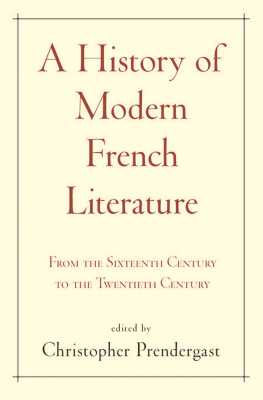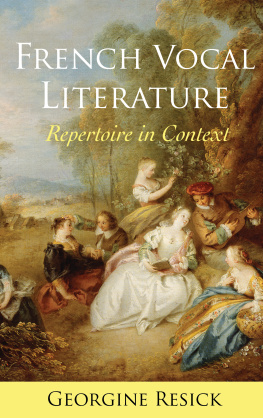BOOK THE FIRST
Table of Contents
THE MIDDLE AGES
CHAPTER I
Table of Contents
NARRATIVE RELIGIOUS POETRYTHE NATIONAL EPICTHE EPIC OF ANTIQUITYROMANCES OF LOVE AND COURTESY
The literature of the Middle Ages is an expression of the spirit of feudalism and of the genius of the Church. From the union of feudalism and Christianity arose the chivalric ideals, the new courtesy, the homage to woman. Abstract ideas, ethical, theological, and those of amorous metaphysics, were rendered through allegory into art. Against these high conceptions, and the overstrained sentiment connected with them, the positive intellect and the mocking temper of France reacted; a literature of satire arose. By degrees the bourgeois spirit encroached upon and overpowered the chivalric ideals. At length the medival conceptions were exhausted. Literature dwindled as its sources were impoverished; ingenuities and technical formalities replaced imagination. The minds of men were prepared to accept the new influences of the Renaissance and the Reformation.
I
NARRATIVE RELIGIOUS POETRY
The oldest monument of the French language is found in the Strasburg Oaths (842); the oldest French poem possessing literary merit is the Vie de Saint Alexis, of which a redaction belonging to the middle of the eleventh century survives. The passion of piety and the passion of combat, the religious and the warrior motives, found early expression in literature; from the first arose the Lives of Saints and other devout writings, from the second arose the chansons de geste. They grew side by side, and had a like manner of development. If one takes precedence of the other, it is only because by the chances of time Saint Alexis remains to us, and the forerunners of the Chanson de Roland are lost. With each species of poetry cantilnesshort lyrico-epic poemspreceded the narrative form. Both the profane and what may be called the religious chanson de geste were sung or recited by the same jongleursmen of a class superior to the vulgar purveyors of amusement. Gradually the poems of both kinds expanded in length, and finally prose narrative took the place of verse.
The Lives of Saints are in the main founded on Latin originals; the names of their authors are commonly unknown. Saint Alexis, a tale of Syriac origin, possibly the work of Tedbalt, a canon of Vernon, consists of 125 stanzas, each of five lines which are bound together by a single assonant rhyme. It tells of the chastity and poverty of the saint, who flies from his virgin bride, lives among beggars, returns unrecognised to his father's house, endures the insults of the servants, and, dying at Rome, receives high posthumous honours; finally, he is rejoined by his wifethe poet here adding to the legendin the presence of God, among the company of the angels. Some of the sacred poems are derived from the Bible, rhymed versions of which were part of the jongleur's equipment; some from the apocryphal gospels, or legends of Judas, of Pilate, of the Cross, or, again, from the life of the Blessed Virgin. The literary value of these is inferior to that of the versified Lives of the Saints. About the tenth century the marvels of Eastern hagiography became known in France, and gave a powerful stimulus to the devout imagination. A certain rivalry existed between the claims of profane and religious literature, and a popular audience for narrative poems designed for edification was secured by their recital in churches. Wholly fabulous some of these areas the legend of St. Margaretbut they were not on this account the less welcome or the less esteemed. In certain instances the tale is dramatically placed in the mouth of a narrator, and thus the way was in a measure prepared for the future mystery-plays.
More than fifty of these Lives of Saints are known, composed generally in octosyllabic verse, and varying in length from some hundreds of lines to ten thousand. In the group which treats of the national saints of France, an element of history obscured by errors, extravagances, and anachronisms may be found. The purely legendary matter occupies a larger space in those derived from the East, in which the religious ideal is that of the hermit life. The celebrated Barlaam et Joasaph, in which Joasaph, son of a king of India, escaping from his father's restraints, fulfils his allotted life as a Christian ascetic, is traceable to a Buddhist source. The narratives of Celtic originsuch as those of the Purgatory of St. Patrick and the voyages of St. Brendanare coloured by a tender mysticism, and sometimes charm us with a strangeness of adventure, in which a feeling for external nature, at least in its aspects of wonder, appears. The Celtic saints are not hermits of the desert, but travellers or pilgrims. Among the lives of contemporary saints, by far the most remarkable is that of our English Becket by Garnier de Pont-Sainte-Maxence. Garnier had himself known the archbishop; he obtained the testimony of witnesses in England; he visited the places associated with the events of Becket's life; his work has high value as an historical document; it possesses a personal accent, rare in such writings; a genuine dramatic vigour; and great skill and harmonious power in its stanzas of five rhyming lines.
A body of short poems, inspired by religious feeling, and often telling of miracles obtained by the intercession of the Virgin or the saints, is known as Contes pieux. Many of these were the work of Gautier de Coinci (11771236), a Benedictine monk; he translates from Latin sources, but with freedom, adding matter of his own, and in the course of his pious narratives gives an image, far from flattering, of the life and manners of his own time. It is he who tells of the robber who, being accustomed to commend himself in his adventures to our Lady, was supported on the gibbet for three days by her white hands, and received his pardon; and of the illiterate monk who suffered shame because he knew no more than his Ave Maria, but who, when dead, was proved a holy man by the five roses that came from his mouth in honour of the five letters of Maria's name; and of the nun who quitted her convent to lead a life of disorder, yet still addressed a daily prayer to the Virgin, and who, returning after long years, found that the Blessed Mary had filled her place, and that her absence was unknown. The collection known as Vies des Pres exhibits the same navet of pious feeling and imagination. Man is weak and sinful; but by supernatural aid the humble are exalted, sinners are redeemed, and the suffering innocent are avenged. Even Thophile, the priest who sold his soul to the devil, on repentance receives back from the Queen of Heaven the very document by which he had put his salvation in pawn. The sinner (Chevalier au barillet) who endeavours for a year to fill the hermit's little cask at running streams, and endeavours in vain, finds it brimming the moment one tear of true penitence falls into the vessel. Most exquisite in its feeling is the tale of the Tombeur de Notre-Damea poor acrobata jongleur turned monkwho knows not even the Pater noster or the Credo, and can only offer before our Lady's altar his tumbler's feats; he is observed, and as he sinks worn-out and faint before the shrine, the Virgin is seen to descend, with her angelic attendants, and to wipe away the sweat from her poor servant's forehead. If there be no other piety in such a tale as this, there is at least the piety of human pity.





